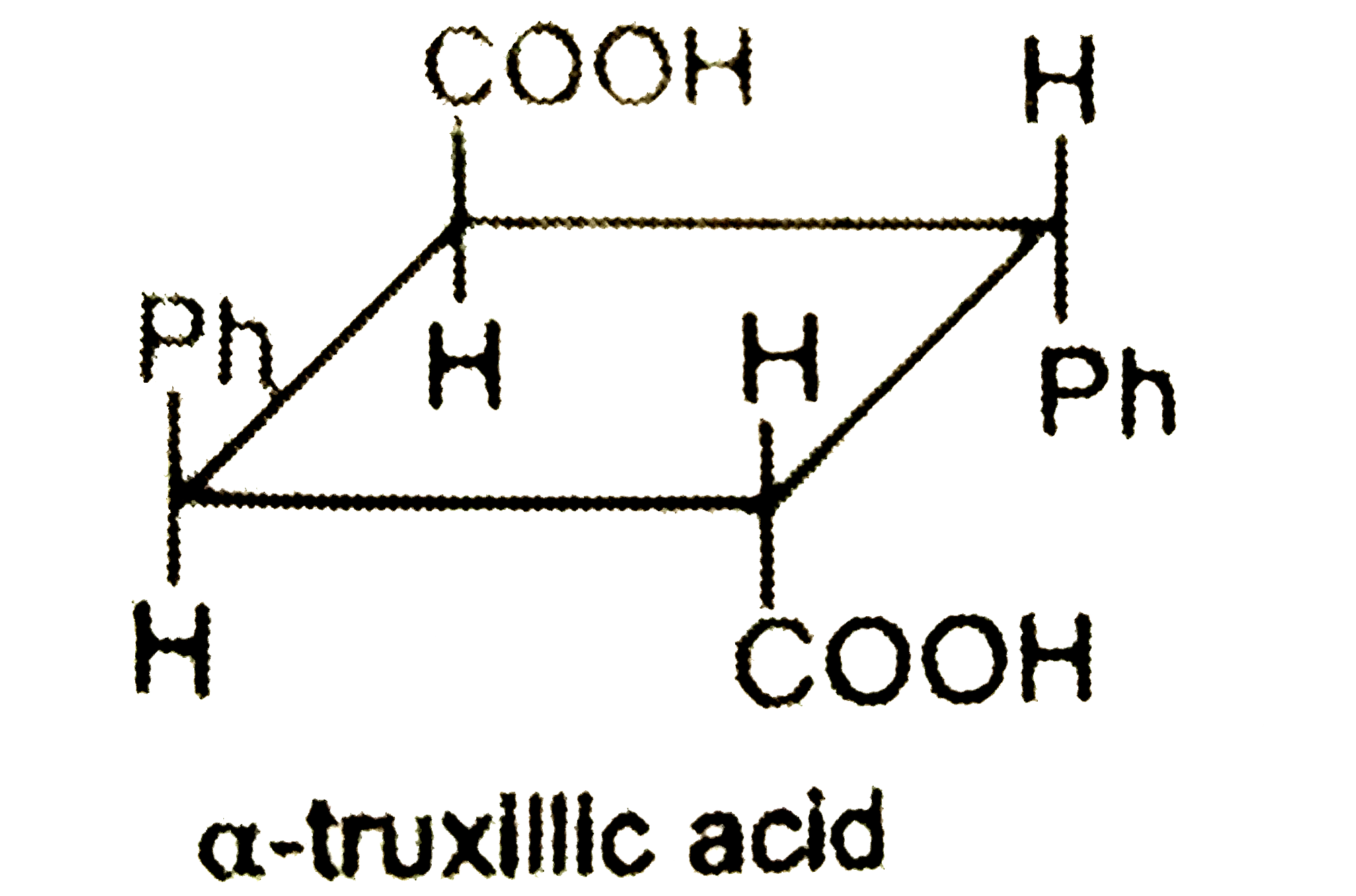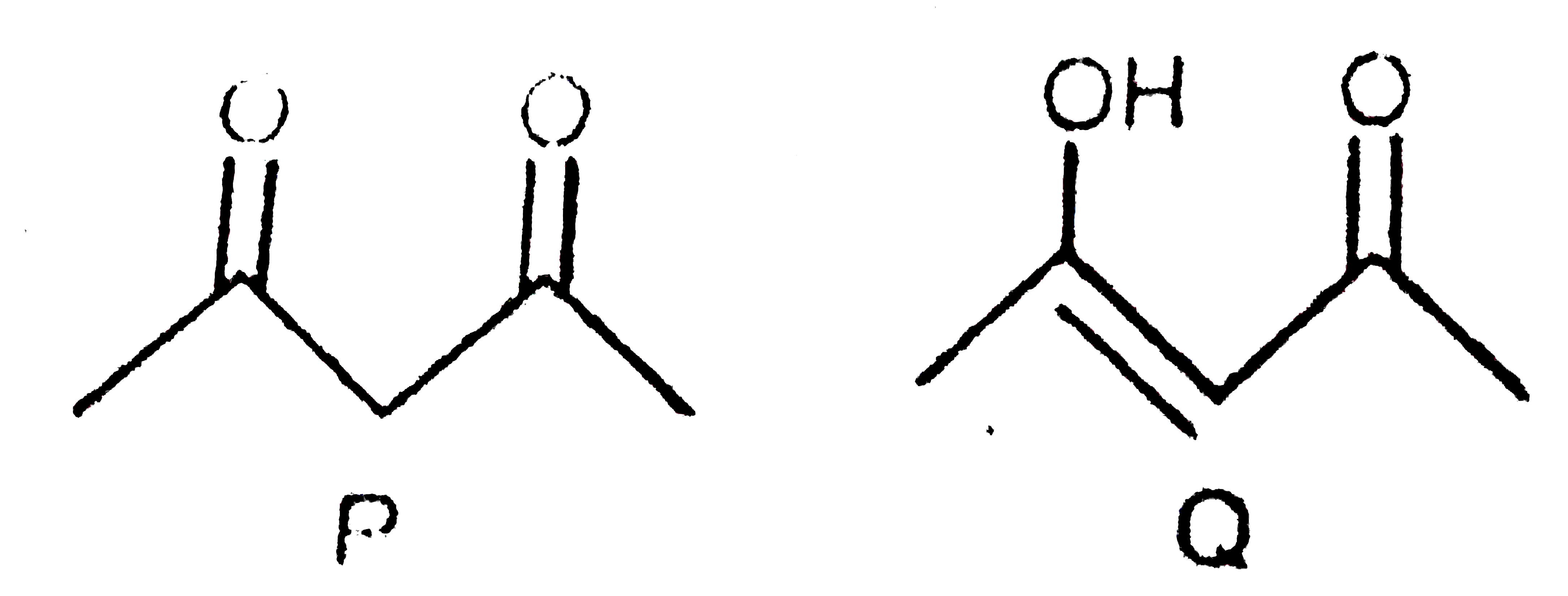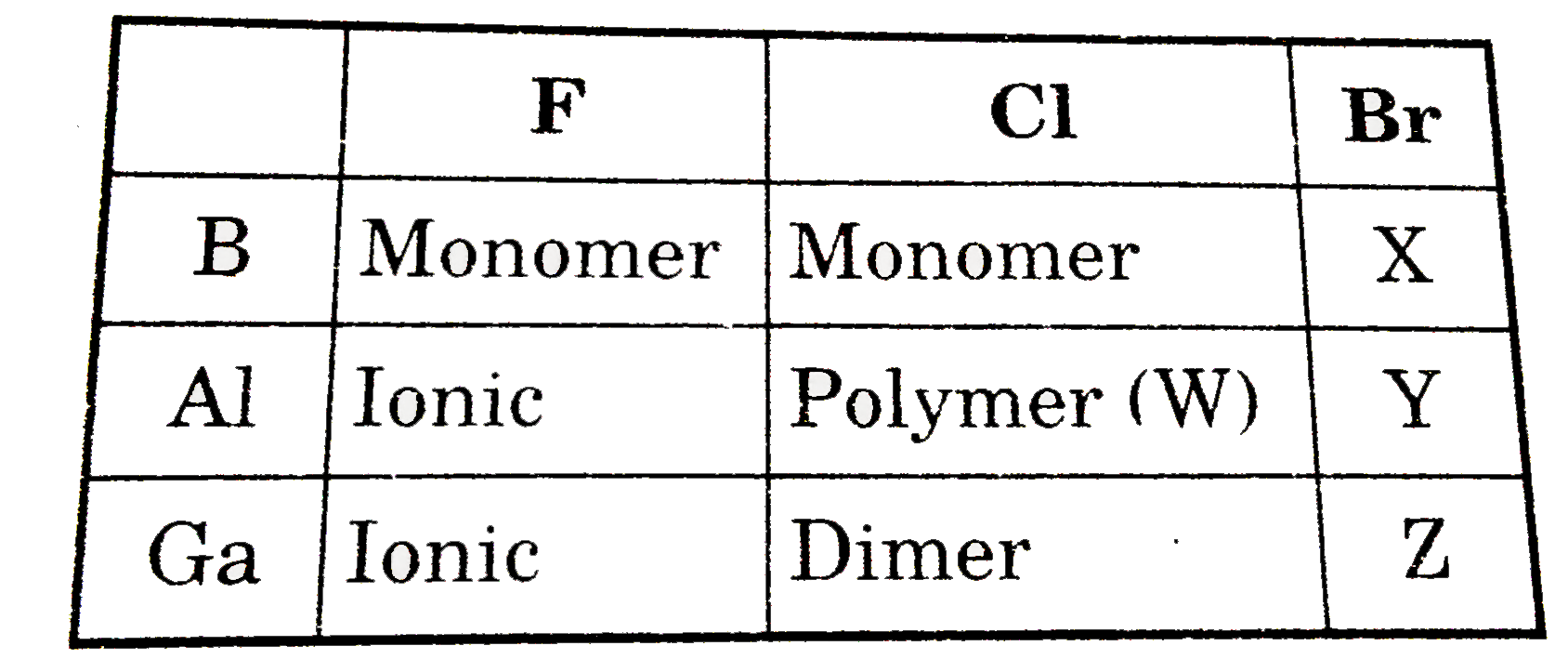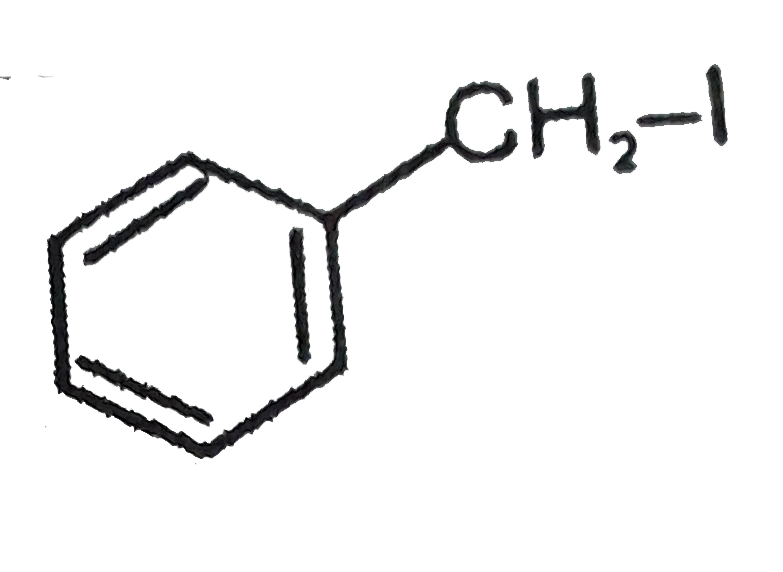Which of the following statement(s) is/are correct for given compound :

A
It is a optically active compound
B
It can show geometrical isomerism
C
It posses centre of symmetry but not plane of symmetry
D
It is a meso compound
Text Solution
The correct Answer is:B, C
|
Topper's Solved these Questions
- STEREOISOMERISMBook:RESONANCEChapter:STEREOISOMERISMExercise:EXERCISE (PART IV : COMPREHENSION)
Explore 5 Videos
- STEREOISOMERISMBook:RESONANCEChapter:STEREOISOMERISMExercise:EXERCISE (PART -1 JEE (ADVANCED))
Explore 17 Videos
- STEREOISOMERISMBook:RESONANCEChapter:STEREOISOMERISMExercise:EXERCISE (PART II : SINGLE AND DOUBLE VALUE INTEGER TYPE)
Explore 14 Videos
- SOLUTIONSBook:RESONANCEChapter:SOLUTIONSExercise:Advabced Level Problems (PART-2)
Explore 35 Videos
- STRUCTURAL IDENTIFICATIONBook:RESONANCEChapter:STRUCTURAL IDENTIFICATIONExercise:Advanced level Problems (Part-III)
Explore 12 Videos
Similar Questions
Knowledge Check
Which of the following statements (s) is/are correct ?
AIn an inertial frame Wconservative+Wnon-conservative+Wother -force=K2−K1BIn a non - inertial frame : Wconservative+Wnon conservative +Wother -force+Wpseudo - force =K2−K1CWork done by conservative forces is independent of path followed .DWork done by non - conservative forces depends on path followed .Which of the following statements (s) is/ are correct ?
AKetones are generally oxidised under vigorous conditionsBldehydes are easily oxidised to carboxylic acids even under mild oxidising agentsCOxidation ketone involes carbon-carbon bond cleaveage to give a mixture of carboxylic acids having lesser number of carbon atoms than the parent ketonesDAll of the aboveWhich of the following statements (s) is (are) correct?
AOxidation of a substance is followed by reduction of anotherBReduction of a substance is followed by oxidation of anotherCOxidation and reduction are complementary reactionsDIt is not necessary that both oxidation and reduction should take place in the same reaction
Which of the following statements (s) is (are) correct?
View SolutionWhich of the following statements (s) is (are) correct?
View SolutionWhich of the following statements is not correct for the given compounds P & Q ?

View SolutionWhich of the following statement(s) is/are correct for the reaction given below?

View Solution
Which of the following statement is correct for the compound (Y)?
View Solution

